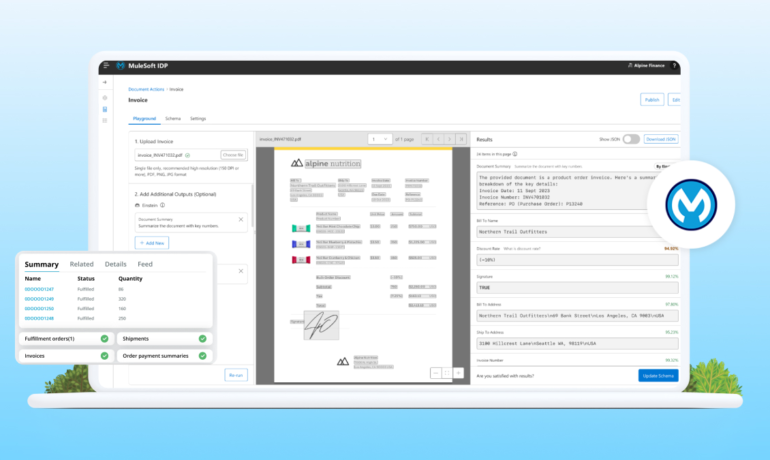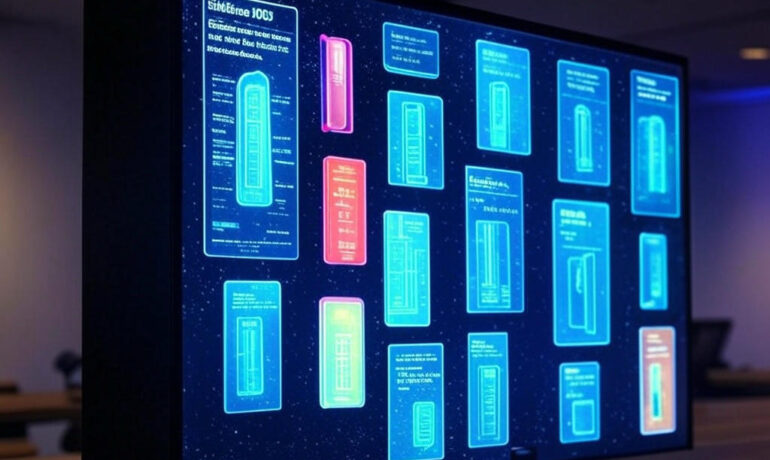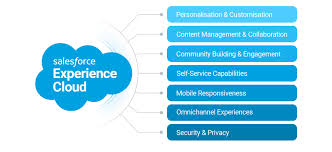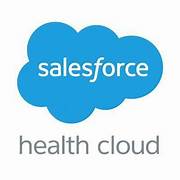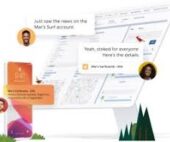The AI SDR Revolution
The AI SDR Revolution: How AI is Transforming Sales Development The Problem: Sales Teams Are Drowning in Leads Your marketing team is crushing it—inbound leads are pouring in. But your Sales Development Representatives (SDRs) are overwhelmed, spending over two-thirds of their time on non-selling tasks like data entry, follow-ups, and lead qualification. The result? Missed opportunities, slower response times, and fewer deals closed. Enter the AI SDR—a game-changing solution that automates top-of-funnel sales tasks, letting human reps focus on what they do best: closing deals. What is an AI SDR? An AI-powered Sales Development Representative (SDR) automates repetitive sales tasks like:✅ Lead qualification (identifying high-intent prospects)✅ Automated outreach (personalized emails, follow-ups)✅ Meeting scheduling (booking demos directly into reps’ calendars)✅ CRM updates (logging interactions automatically) Unlike human SDRs, AI SDRs work 24/7, ensuring no lead slips through the cracks. How AI SDRs Work Human SDRs juggle: AI SDRs handle the same tasks—but autonomously—using:🔹 Machine Learning (ML) to analyze lead intent🔹 Natural Language Processing (NLP) to engage in human-like conversations🔹 Automation to execute tasks end-to-end Example: Agentforce AI SDRs Powered by Salesforce’s Customer 360, Data Cloud, and Einstein AI, these AI agents: AI SDR vs. Human SDR: Who Wins? Capability AI SDR Human SDR Response Time Instant Hours/Days Availability 24/7 Business hours Personalization Data-driven Relationship-driven Scalability Thousands of leads at once Limited by bandwidth Emotional IQ Rule-based High empathy The Best Approach? AI + Human Collaboration Salesforce data shows reps using AI see higher win rates and more closed deals. 5 Key Benefits of AI SDRs AI SDRs in Action: Real-World Results Case Study: VTT Technical Research Centre (Finland) The Future of AI SDRs 🚀 Greater Autonomy – Handling prospecting & research🎯 Hyper-Personalization – Leveraging Data Cloud for tailored messaging📞 Multimodal Engagement – Voice, video, and chat interactions 84% of sales leaders believe AI will dominate lead gen in the next 2 years. How to Implement AI SDRs Successfully Final Verdict: AI SDRs Are a Sales Superpower AI won’t replace SDRs—it will make them unstoppable. By automating grunt work, AI SDRs help teams:✔ Respond faster✔ Qualify smarter✔ Close more deals The question isn’t if you should adopt AI SDRs—it’s how soon can you start? Ready to supercharge your sales team? Explore AI SDR solutions today. Like Related Posts Salesforce OEM AppExchange Expanding its reach beyond CRM, Salesforce.com has launched a new service called AppExchange OEM Edition, aimed at non-CRM service providers. Read more The Salesforce Story In Marc Benioff’s own words How did salesforce.com grow from a start up in a rented apartment into the world’s Read more Salesforce Jigsaw Salesforce.com, a prominent figure in cloud computing, has finalized a deal to acquire Jigsaw, a wiki-style business contact database, for Read more Service Cloud with AI-Driven Intelligence Salesforce Enhances Service Cloud with AI-Driven Intelligence Engine Data science and analytics are rapidly becoming standard features in enterprise applications, Read more




